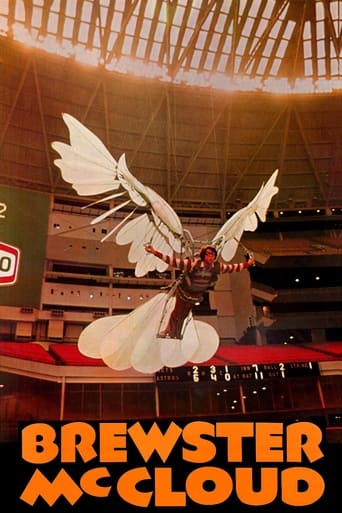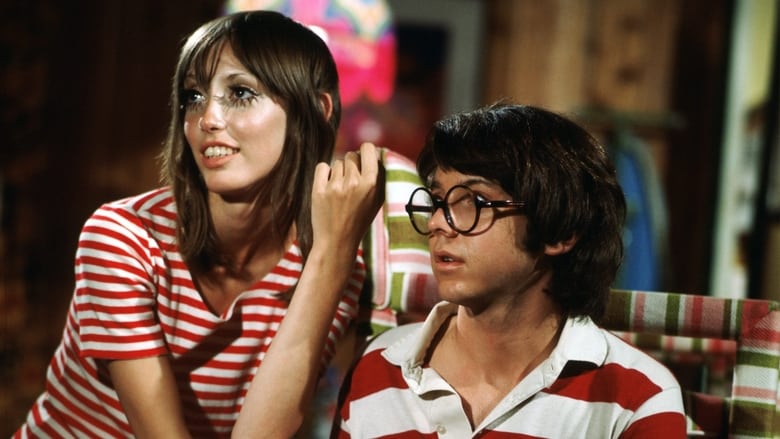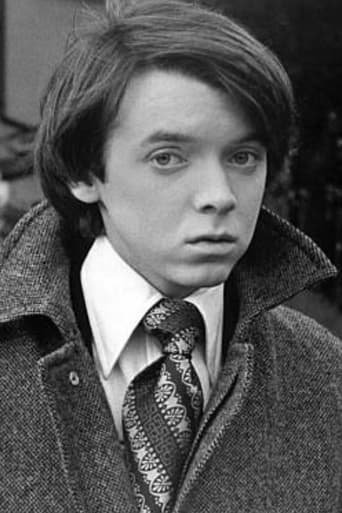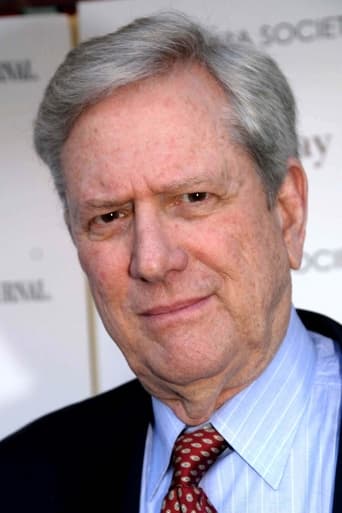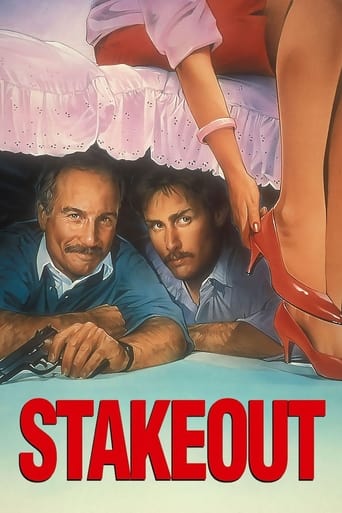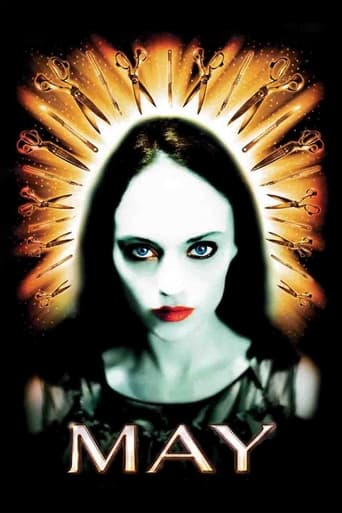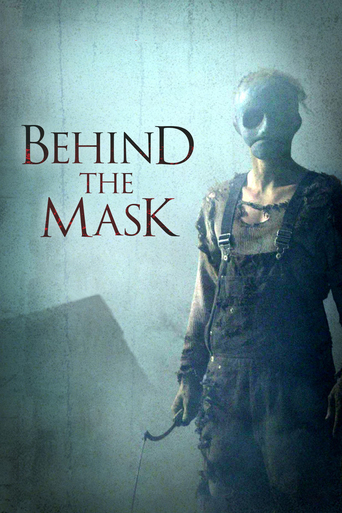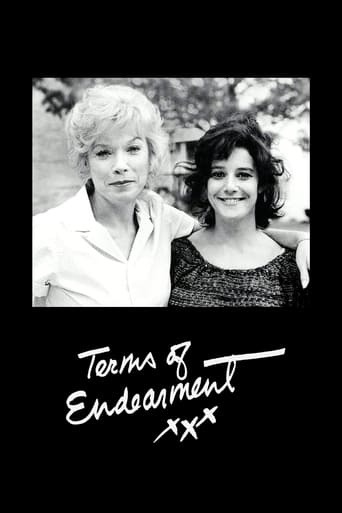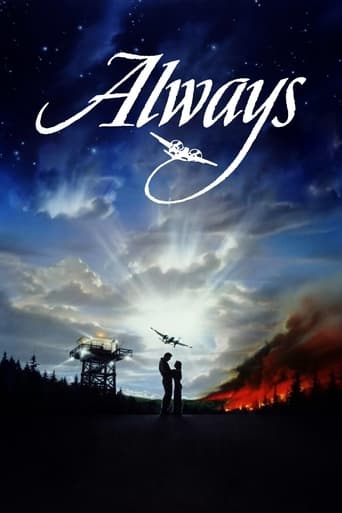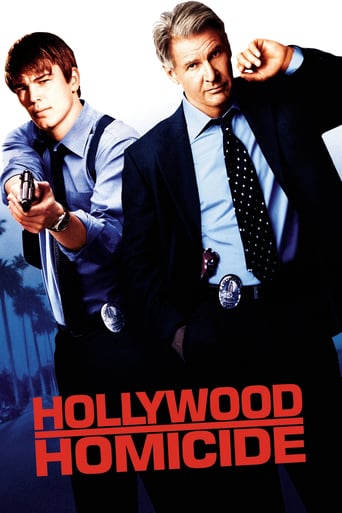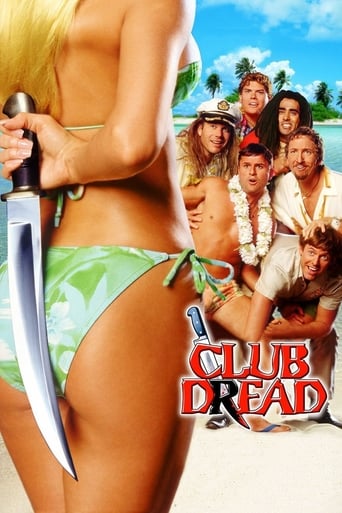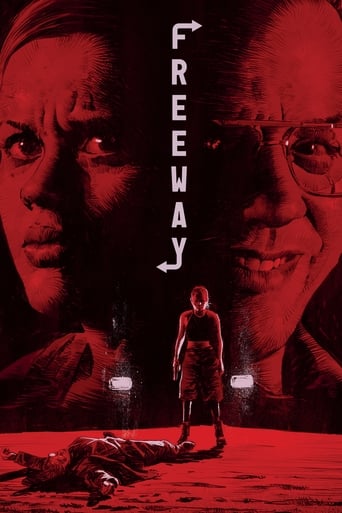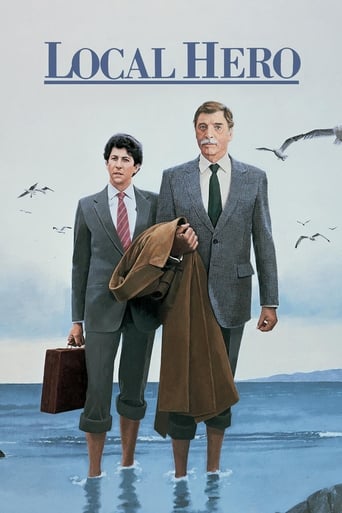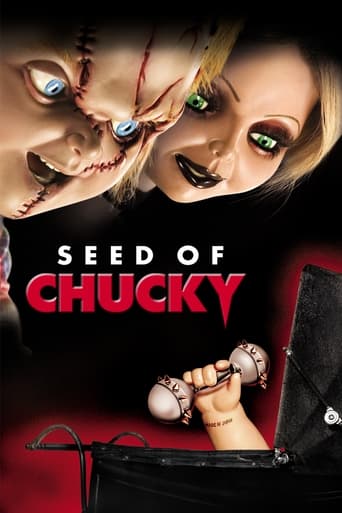Brewster McCloud (1970)
Brewster is an owlish, intellectual boy who lives in a fallout shelter of the Houston Astrodome. He has a dream: to take flight within the confines of the stadium. Brewster tells those he trusts of his dream, but displays a unique way of treating others who do not fit within his plans.
Watch Trailer
Free Trial Channels
Cast


Similar titles
Reviews
Please don't spend money on this.
Not even bad in a good way
It is an exhilarating, distressing, funny and profound film, with one of the more memorable film scores in years,
There are moments that feel comical, some horrific, and some downright inspiring but the tonal shifts hardly matter as the end results come to a film that's perfect for this time.
Altman's Brewster McCloud is somewhere between allegory and surreal, a whole trash can full of symbols,which are offered as untrue, with an urbane cynicism like Mephisto in Goethe's Faust. There's something inauthentic about everything, the color of falseness in our world, in our eyes, in our dreams. Altman is always exploring the inauthentic. There are so many levels to Brewster McCloud. I think we should begin that it's about innocence. Our hero is a pure innocent boy who has a guardian angel, and she guides him and protects him. The boy has a very pure aspiration. "through difficulty to the stars:" "Per aspera ad astra," as the Latin motto often reads. Like any good guardian angel, Brewster's keeps him from going astray. Central imagery is the fact that "Astrodome" means "dome of the stars," Of course, the name of the Astrodome refers to the Houston Space Center, but in the language of dream, it is very recognizably the Celestial Sphere(s), Heaven. This is all very good stuff. We also might find room for the Aeschylus symbol of a young man who put on wings his father made him and aspired to fly. Having flown too high, Aeschylus's wings melted and he crashed to Earth. Fortunately, within the gates of Surrealism, one can use symbols for unrelated purposes and never have to resolve the conflict, although it's likely that these Christian and Greek symbols aren't at all in conflict.Standing in Brewster's way are the police/guards, each of whom manifests, I suspect, one of the Seven Deadly Sins. The Gremlin (a car offered here for the value of its name), the vanity of the contact lenses, and the sloth of the morbidly obese guard waddling around, all making it clear that the forces against McCloud are evil, not in a grand way, but with a tongue in cheek, with an urbane wit, and an urbane doubt. They aren't terror but banality, a failure to hit the mark.The way these elements play out is tinny and false as we expect everyday life to be. There is no grand evil nor does innocence seem very heroic. Are we supposed to believe this is true, somehow expressing something? Is it only a mockery? Well, probably both, like the mock "suicide" scene staged with and for the dentist everyone knows as "Painless" in Altman's "M.A.S.H." I've not touched on the birds, but they make sense in the tradition of Greek epic and tragedy, that the fates speak through birds; somehow birds are closer to fate than we. And what connection does an angel have to do with birds? the pure freedom of the skies, I suppose, and angel's wings always have feathers, whereas the denizens of the dark realms usually have leathery wings.Our Lecturer is some kind of seer, a Tiresias, who expresses his sensitivity to the fates by his affinity to the birds. He is so fascinated with all things avian, he seems to be morphing into one of them.
I saw this movie while I was in college and loved it then, and having seen it again recently can say that it has held up well. It is funny; weird; has a terrific cast; and is one of my favorite Robert Altman films. Bud Cort is rightly known for his work in "Harold and Maude" but I actually think he's better in this. His character, to me, was a lot tougher to "sell" than his character of Harold in "Harold and Maude." The entire cast is great, but another favorite in this film is Stacy Keach. His scene with Brewster as his limo driver, and the sudden soiling of the car, is so funny. I've never understood why this film isn't more highly regarded among Altman's work, but recommend it to anyone.
The key to understanding this film is to realize it is unmistakably surrealist in the formal sense - directly comparable to the works of European Surrealists like for example Luis Buñuel. His film "The Discreet Charm of the Bourgeoisie" came out in '72, that is after Brewster McCloud, and if you've seen both films, it is not a stretch at all to surmise that it may well have been Buñuel who was influenced by Robert Altman's Brewster McCloud (which after all came out two years before Buñuel's film.) And as in Buñuel's film, the surrealism in Brewster McCloud certainly has a humorous aspect, but is at its heart a vehicle for subversive but oblique social commentary: oblique because this movie in its ultra-hip cool sensibility would feel obliged to start mocking itself if it actually started preaching to anyone. But of course this film does actually mock itself, along with everything else in the known universe. That is what surrealism is: When you start literally mocking *everything* it ceases to be funny, and rather something much more fundamentally disturbing. And yet this film is easily one of the most accessible of the truly surrealist masterpieces. It is good-natured about everyone and everything it mocks.One of the pleasant surprises I had upon discovering this film was how realistically it portrays Texans and Houstonians. There is no hackneyed accents or cowboy hats - it really does depict Texans (and specifically Houstonians) as they are - at least as they were in 1970. I'll give one example: The undercover cop is at the zoo with his wife and kid, and his wife says, "Johnny wants to go see the monkeys", and the dad responds, "Well, let him go to N*gger Town then." Now, as a matter of fact, I have scores of relatives from Houston, and I remember as a child how people from Houston talked around 1970, and I know that that was a common but offensive colloquialism for the black part of town in Houston back then. So the period detail is just spot on. And there's no judgment when the character says this. It could be he dies mysteriously later in the film with bird poop on him, but so do a dozen other characters - not all of them bad. And also, they must have had real Houston cops playing some of the cops in the film, or they might as well have. But beyond the negative attributes of the period, this film is in many ways a heartfelt homage to the city of Houston - there are plenty of just plain normal folks who must have been local extras plunked down into this phantasmagoria of a film.When I say "surrealist" one big aspect of that is the disjointed, disengaged banal "conversations" between various characters, where they seem to be saying stuff at random, and not even paying attention to each other. And yet its still simply fascinating for some odd reason to listen to them - you are literally hanging on every meaningless word. Sally Kellerman is some sort of angel, but for no apparent reason decides to shop-lift a huge amount of film while at the camera store. When the employee who was previously lusting after her chases her down to confront her about the theft, she start pulling bottles of shampoo out of her purse and giving some convoluted explanation why she has so much shampoo, which has nothing to do with any action that has transpired previously in the film. But even banal bits of conversation that are superficially "normal" come off as highly ironic. Shelly Duvall throws up over the railing at the Astrodome, her boyfriend walks up right then and they passionately kiss right after she throws up. Then they notice his dad who is cop is dead nearby, And Shelly says, "What should we do". And her boyfriend says, "Call the cops." And he reaches down and starts pulling something out of the dead guy's shirt pocket, and Shelly Duvall says, "What are you doing?" And he responds, "Getting the phone number." Oh well, its interesting in the film for some reason.And then there are an unending series of clever and surprising visual gags throughout the film that seem to have occurred by accident somehow. At other times there is visual lyricism and poetry. But this film never ever stops surprising you - by the end it is wowing us with technological wizardry because the depiction of the main character's flying machine is truly amazing. And as I indicated it is somehow, above all of this, a film about an actual real place -Houston Texas - and it has plenty of elements that would undeniably appeal to a lot of real good old boys from Texas - things like great sounding cars like Camaro Z28's and Roadrunners and car chases.It is without question in the top five of Robert Altman's films and I never heard about it till last night. BIll Hader from Saturday Night Live was a guest on Turner Classic Movies and Brewster McCloud was one of four films he had selected as personal favorites of his that were shown. (The others were Rashomon, This is Spinal Tap, and something else. I had never seen all of Rashomon before either - its overrated.) But that old guy who is the standard host on TCM seemed mystified or something by Hader's choice of Brewster McCloud, but regardless, its a really, really memorable film.
Robert Altman directs "Brewster McCloud". The plot? Brewster is an eccentric inventor who lives beneath the Houston Astrodome. He spends his days working on a pair of man-powered wings which he hopes will enable him to fly. But while he is busy collecting materials to build his contraption, mysterious deaths occur throughout his city.Altman's running joke is that "Brewster McCloud" is essentially a giant birdwatching film. Indeed, the film is narrated by Rene Auberjonois, who treats the picture as a grand safari, Altman planting bird references everywhere in the form of food, signs, clothes, license plates, characters, costumes, dialogue etc etc. Why Brewster wishes to fly is given a neat twist. Rather than some kind of Icarus complex, Brewster seems to be acting upon suppressed memories. He was born to fly. His entire race was born to fly. He belongs in the skies. It's all in his DNA!Brewster is aided in his quest by Louise, a sort of guardian angel. She has scars down her back, which suggests she once had wings herself. She's like a God or guardian angel, who descends to teach Brewster the mysteries of man's ancient wings. It's all pretty odd, particularly when Altman likens flying to sex, and Brewster's avian urges to psychosexual lusts.Later in the film, Louise is dismayed to learn that Brewster slept with a girl he barely knew (Shelly Duvall). The once pure and naive Brewster thus becomes tainted by the "sins of the flesh". He's contaminated, his earthly sins affixing him to the ground. They seal his mortality and prevent him from entering the angel world up above.To redeem himself, Brewster must therefore seek forgiveness from Louise, who now appears in the guise of Dorothy from "Wizard of Oz". From here on, Altman swathes the film in "Oz" references. Flying monkeys, red slippers, golden roads, they're all subtly woven into the crazy plot. This being Altman, chunks of the film then become covert commentaries on major aspects of American life (sexuality, class-struggle, race, ambition, bigotry, success, economics, crime, politics, religion). These themes are then bound to a plot which is really about the loss of virginity, or rather, idealism. During its climax, Brewster's broken wings and crumpled, twisted body, point toward the climax of Altman's "Nashville", in which characters sing "It Don't Worry Me" after an assassination. Both films take place in cities yearning for economic power, both use large structures as metaphors for America (The Astrodome, the Parthenon), and both posit the creative spirit and personal conscience as being overrun by corporate American, capitalism and commercialism in general.8.5/10 - Worth two viewings.

